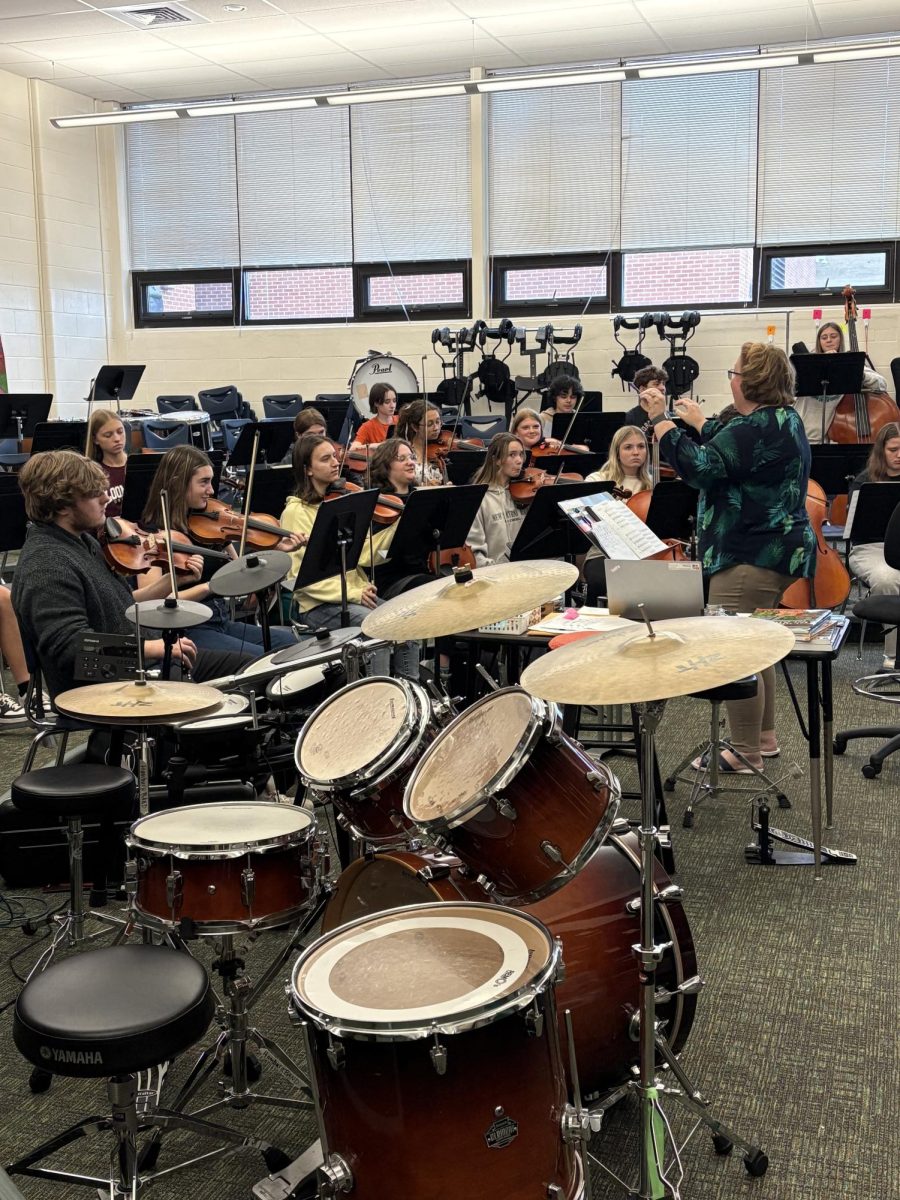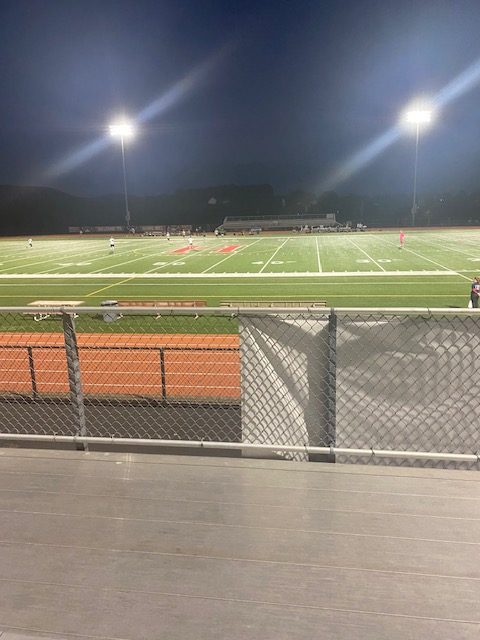Every school year, teachers and administrators monitor student attendance. Absences are often documented and can have serious consequences for students, including missed coursework, lowered grades, and even disciplinary actions. However, the way student absences are tracked can often be unfair and put unnecessary burdens on students, particularly when it comes to providing doctors notes for sicknesses. One common practice in many schools is requiring students to provide a doctor’s note for any sickness-related absence. This policy assumes that all students have easy access to healthcare and can afford to visit a doctor every time they fall ill. In reality, many students come from low-income households or may not have health insurance, making it difficult and costly for them to obtain a doctor’s note for every absence.
Secretary and attendance coordinator Mrs.Bowen states, “We understand that not all students can see a doctor every time they are sick. A simple excuse card or a parent note stating the reason for the absence is enough. Although, if a student exceeds 10 days of excused or unexcused absences, we start to require these students to hand in a doctor’s note.”
According to a study conducted by the National Association of Secondary School Principals, requiring doctor’s notes for absences can affect students from marginalized communities and create health inequities. Students who are unable to afford or access healthcare may be penalized for missing school due to illness, regardless of the legitimacy of their reasons for being absent. Research has shown that schools with strict attendance policies tend to have higher rates of student stress and anxiety. Students who are worried about falling behind in their coursework or facing disciplinary action for missing class are more likely to attend school when they are sick, putting themselves and their classmates at risk of spreading illness.
Instead of penalizing students for being sick, schools should consider implementing more flexible attendance policies that take into account the circumstances of each student. For example, allowing students to make up missed work without penalty or providing resources for students to catch up on coursework can help alleviate the stress of missing school due to illness. Schools should prioritize promoting a culture of health and well-being among students, rather than focusing on attendance numbers. Encouraging students to prioritize their physical and mental health can lead to improved academic performance and overall well-being.
In conclusion, tracking student absences unfairly and requiring doctor’s notes for sicknesses is a practice that puts unnecessary burdens on students, particularly those from disadvantaged communities. Schools should reevaluate their attendance policies and consider implementing more equitable approaches to supporting students who are sick. By prioritizing the health and well-being of students, schools can create a more inclusive and supportive learning environment for all.
For more information, Visit
https://www.nassp.org/news-arena/nassp-news/summer-2018-(1)/absenteeism-and-its-impact-on-students

























